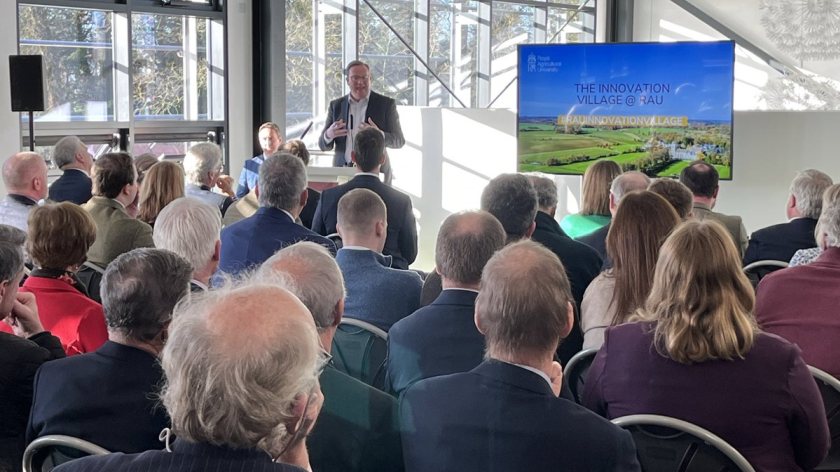
The Royal Agricultural University (RAU) has proposed a £100m development centred on creating a UK-first carbon neutral innovation village.
The development would sit on a 29-acre site at the university's Cirencester campus, and would be home to a community of entrepreneurs and policymakers to address major global challenges facing the industry.
According to RAU, the proposal aimed to support farmers and landowners in developing sustainable solutions for food production, environment and rural communities.
The university said it would be liaising with local residents and stakeholders to shape the proposals as they progress, with a view to submitting a planning application to Cotswold District Council later this year.
Professor Peter McCaffery, RAU vice-chancellor, said the innovation village would turbo-charge SME agri-tech enterprise activity with a distinctively rural feel.
"We anticipate we will increase the RAU's current contribution of £52m to the local and regional economy by half as much again over five years, when the project is up and running."
The site would comprise a number of integrated areas, including a research and innovation centre, live/work residential units, business start-up and support spaces, as well as business and conferencing hospitality facilities.
A cluster development of this nature, applied to agriculture, food and land management, currently does not exist in the UK.
The RAU said it was committed to ensuring that the innovation village would push the boundaries of sustainable design and has employed Hereford-based Architype to lead the design process.
Mark Barry, director at Architype, said: "The innovation village is an amazing opportunity to create an exemplar ecological development for the university and wider community.
"We are excited by the potential to enhance biodiversity, revitalise access to the beautiful site and provide a thriving and vibrant new hub for Cirencester with an exciting breadth of new facilities."
It is hoped that, in the first five years of operation, the innovation village would double the current new business output of RAU's Farm491 and the Growth Hub.
The development would also provide skills, training, employment and affordable housing, targeted towards improving retention of 16-24yr olds.
The RAU said it aimed to gain full planning consent for the development by next spring.
